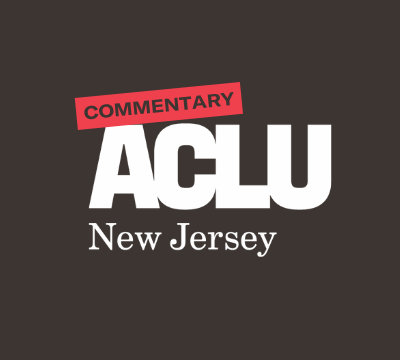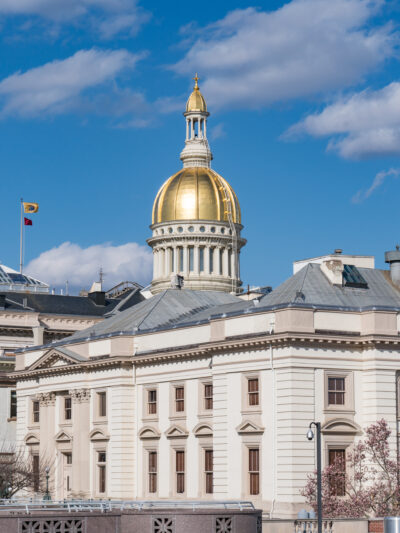News & Commentary
Pursuing Justice: Placing Power in People, Not Police, Through Integrated Advocacy
For New Jersey to achieve wholesale change in law enforcement – and address the stark racial disparities that continue to perpetuate violence against Black and brown communities – lawmakers must come to the table with the intention to represent the needs of their constituents.
By Amol Sinha
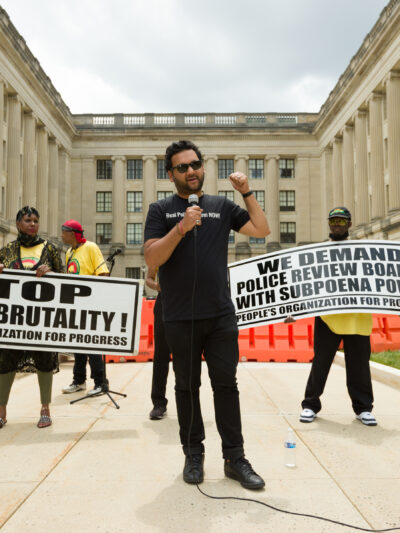
Ending the Drug War in New Jersey to Build a Brighter Tomorrow
This 4/20, we can implement an affirmative vision for a future founded in public health and racial justice.
By Ami Kachalia
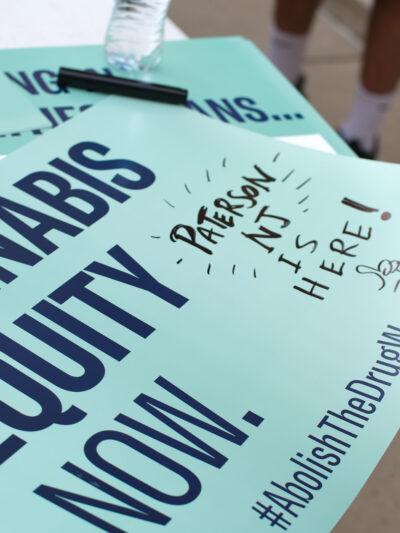
Two Women Share Their Stories: Drug Testing Pregnant Patients Without Consent is Discrimination.
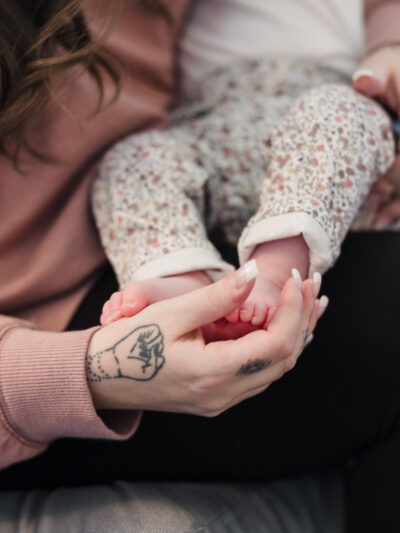
How the Open Public Records Act Has Impacted Police Accountability in New Jersey

Najee Seabrooks should be alive today.
The ACLU-NJ has called for federal intervention, police discipline transparency, and legislative action.
By Jim Sullivan

What is the Open Public Records Act and How Does It Impact New Jersey?
A conversation with CJ Griffin on the importance of accessing public records and holding those in power accountable.
By Karen Thompson
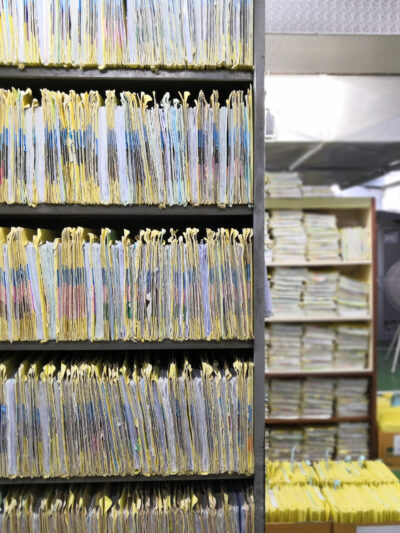
What You Need to Know About the Use of Facial Recognition in New Jersey
The future of surveillance is here – this is how we can make up for lost time.
By Dillon Reisman
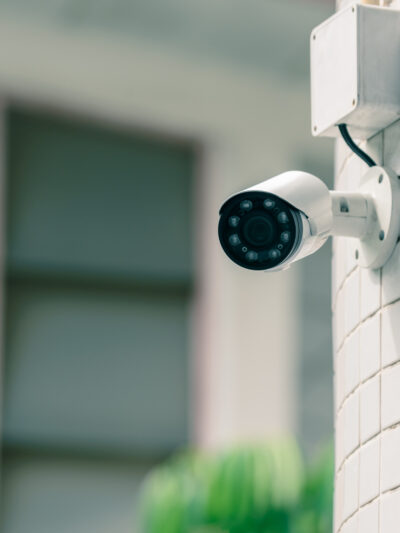
Stay Informed
Sign up to be the first to hear about how to take action.
By completing this form, I agree to receive occasional emails per the terms of the ACLU’s privacy statement.
By completing this form, I agree to receive occasional emails per the terms of the ACLU’s privacy statement.

